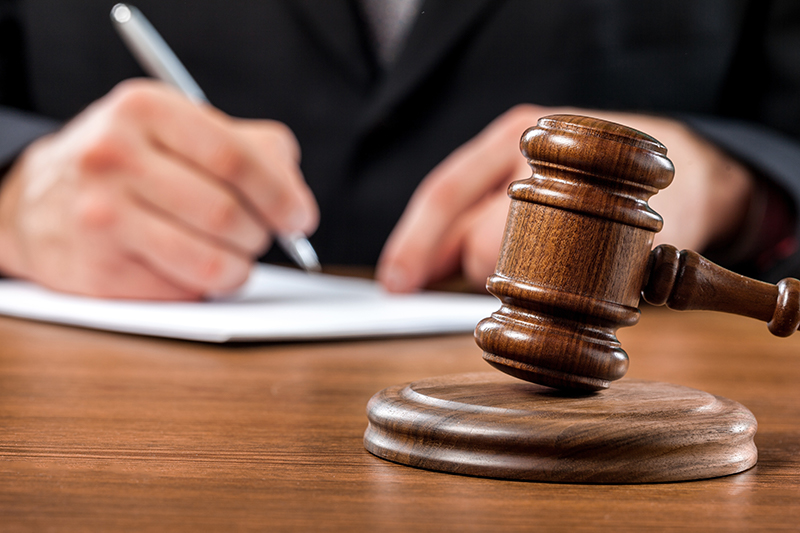To plea or not to plea, that is the question: Whether it is wiser when in legal jeopardy to accept the lesser penalty without exercising your constitutional right to a trial.
OK, end of Shakespeare spoof. Plea deals are an integral part of the legal process; however, an overwhelming majority of cases do not go to trial because of the “trial penalty.”
American Bar Association Plea Bargaining Task Force found that 98 percent of cases end in plea bargains.
“[P]eople should not be penalized with harsher sentences by exercising their right to a trial, and that people are often incentivized to plead guilty for reasons that have nothing to do with their actual guilt or innocence,” Defense Attorney Robert Gottlieb said in comments about the task force findings.
Yes, that means innocent people enter into pleas as the lesser of two evils option. While defendants in the criminal justice system are entitled to a litany of state and federal constitutional rights, they waive them in a plea deal. This is problematic for many reasons: One, people are being punished for crimes they did not commit; Two, this undermines the rights of defendants to a trial at which they are presumed innocent.
Unfortunately, the truth does not always prevail at a trial. Juries do not always get it right. Thanks to shows like “Law & Order” where the right person is almost always on trial, investigators and prosecutors are noble and heroic, defense attorneys are slimy and conniving, the pool of jurors comes in with an implicit bias against the defendant. This shifts the burden of proof from the prosecutor proving guilt to the defendant proving innocence.
Court dockets are crowded. A busy docket should not lead to a deprivation of a defendant’s constitutional rights. Yet, the 40-page report by the impartial ABA task force found that “the country’s justice system has come to rely on pleas to adjudicate cases more quickly, creating a more unjust, unfair, and opaque criminal justice system.”
This ABA task force report addresses the central conundrum for a defendant: Is it better to plead no contest and accept a known sentence, or roll the dice on a trial at which you could be acquitted or found guilty and facing a much longer sentence?
Plea deals have an important role in the justice system. For instance, DUI cases are almost always resolved by plea. The sentencing for DUIs is often a formula based on prior history with DUI. Depending on the evidence (blood, urine or breathe test), it usually makes sense for a defendant to take the deal.
Every case, every plea, every defendant is unique. It is important to carefully review the evidence and your options with an attorney, and make the best choice for your unique circumstances.
If you are facing criminal charges, contact Wentworth Law Firm to discuss your options.
(Source: New York Law Journal)
The information provided herein does not constitute legal advice, nor is it a substitute for your own legal research. If you have questions, Wentworth Law Firm offers free consultations.
